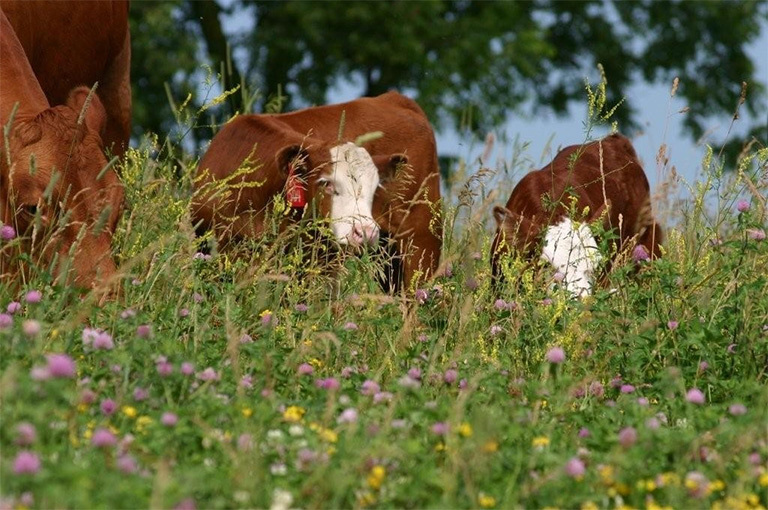Urgent food system and dietary change needed to keep climate target alive
Published 3/21/2023
Urgent global food production reform and dietary shifts needed to keep 1.5°C climate ambition alive, Compassion in World Farming warns
Compassion in World Farming’s response to latest report of the UN’s Intergovernmental Panel on Climate Change (IPCC):
- The report – AR6 Synthesis Report: Climate Change 2023 – warns of ‘climate time-bomb’ ticking unless root causes are addressed.
- It issues a stark warning: “All global modelled pathways that limit warming to 1.5°C (>50%) with no or limited overshoot, and those that limit warming to 2°C (>67%), involve rapid and deep and, in most cases, immediate greenhouse gas emissions reductions in all sectors this decade.”
- The report says that in 2019, approximately 79% of global Greenhouse Gas (GHG) emissions came from the sectors of energy, industry, transport and buildings together and 22% from agriculture, forestry and other land use (AFOLU).
- Compassion in World Farming is calling for urgent food system reform to end factory farming and switch to regenerative farming practices which are high welfare, climate resilient and nature positive.
- Food systems as a whole (incl. energy and transport) account for approximately 1/3 of global GHG emissions.
- The report also highlights that demand-side measures, including shifting to sustainable healthy diets, can reduce emissions, and free up land for forests and ecosystem restoration. This would enable carbon to be stored in soils and trees.
- Research shows that a move to plant-rich diets with only modest amounts of meat and dairy is essential if we are to reduce the GHG emissions from the food system and meet the Paris targets.
- Healthy, sustainable and balanced diets which are based on plant-based foods and animal sourced foods from climate-resilient, regenerative agricultural systems can support the rapid reduction in greenhouse gases that is needed.
Eirini Pitsilidi, Global Head of Food Systems Advocacy at Compassion in World Farming, said:
“Moving away from factory farming towards more regenerative farming practices which are high welfare, climate-resilient and nature positive has never been more urgent.
“The challenge to limit climate warming to 1.5 degrees remains immense. The pace and scale of action needs to be drastically more ambitious than it is right now and requires rapid greenhouse gas emission reductions in all sectors by 2030.
“The new IPCC report makes a clear case for the importance of shifting to sustainable, healthy and balanced diets and to reduce overconsumption as a way to drastically reduce emissions.
“This will require a globally coordinated and systemic approach that looks at the way we produce and consume animal sourced foods and other resource intensive foods.”
To book an interview or for further information contact Compassion in World Farming’s Media Team on +44 (0)1483 521 615 or email media.team@ciwf.org
